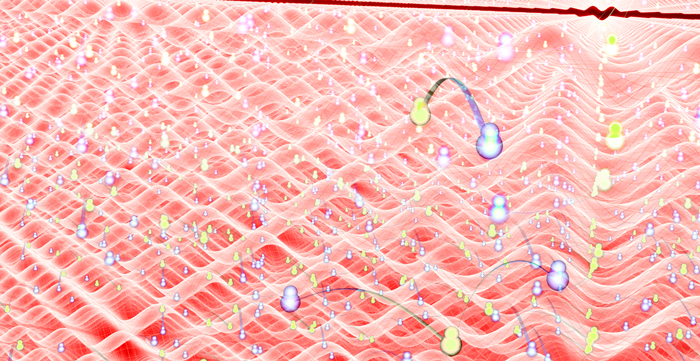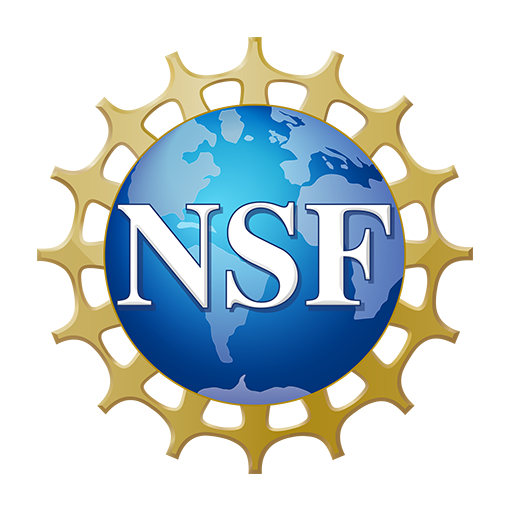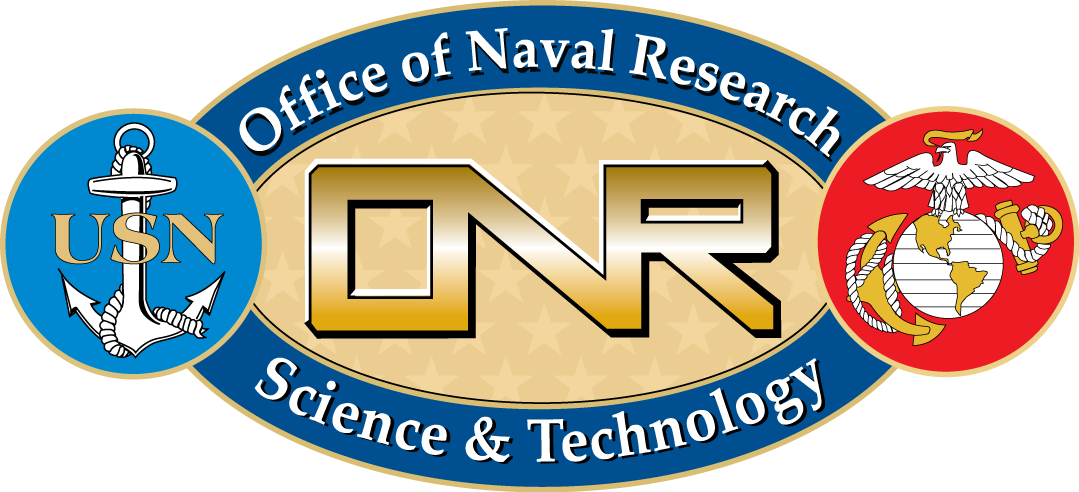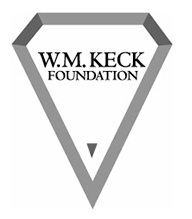Welcome to the Hazzard research group home page! Kaden Hazzard is an Associate Professor in the Rice University department of physics and astronomy.
We often look for postdocs, graduate students, and undergraduates who are interested in many-body physics in ultracold systems -- see the jobs page for more information.
About us
Our group explores the creation, measurement, and understanding of
- new, strongly correlated phases of ultracold matter and their analogies to real materials
- novel far-from-equilibrium behavior
- resources for quantum metrology, communication, and computation.
We are theorists who work with a unique fusion of atomic, molecular, and optical physics, condensed matter physics, and quantum information, united by quantum many-body physics. Usually, we are experimentally motivated, and enjoy working with experimental groups to propose and develop new experimental capabilities, to confront experimental puzzles, and to test and create new theoretical methods.

Approach
We employ a diverse range of theoretical tools, and try to find the right tool to approach a problem rather than shoehorn a particular theoretical method to it.
Techniques we have used are both analytic and numeric: although our primary expertise is analytic, we frequently do medium-scale numerical calculations (often in Mathematica) and collaborate with numerical experts for more sophisticated and large-scale calculations. Examples of familiar analytic tools that we have recently employed include mean-field theories, high-temperature expansions, renormalization group and effective field theories, bosonization, Bethe ansatz, and novel exact solutions. Plus lots of dimensional analysis and thinking about toy problems. On the numerical front, we have recently worked extensively with exact diagonalization, DMRG, quantum trajectories, cluster expansions, and some quantum Monte Carlo (QMC) calculations, including stochastic series expansion, worm algorithm, path integral, and determinantal Monte Carlo algorithms. We invent new methods as needed and are always willing to broaden our horizons!
For more information on our research, see our broad "vision" for research, some specific research interests and accomplishments, our presentations, and our publications.
Science is more fun with others,
so if you have
questions, comments, or ideas
please feel free to contact us!
Support
We are grateful for the agencies that have funded and supported our research, some of which are listed here:





We are also grateful to those who have provided computer (classical and quantum) time, including


If you'd like to contribute, reach out.